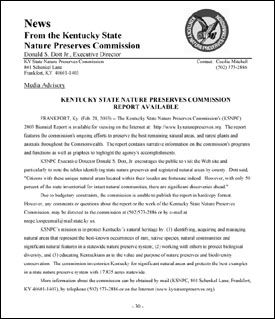Welcome to the 24-hour news cycle, where daily newspapers, round-the-clock TV stations and thousands of news blogs compete to feed our voracious appetite for the latest, most engaging and most outrageous news.
Every day isn't a big news day, so journalists sometimes scramble to fill airtime and column space with fresh and timely stories. That's where press releases come in.
Advertisement
Concisely written and targeted, press releases draw media attention to newsworthy events. Mainly used by public relations specialists, press releases are written to gain free publicity and contain enough information required to write a compelling news story.
Examples of press releases include:
- A company opens a local branch, bringing new jobs
- A nonprofit organization sponsors a nationwide service project
- An author publishes a new book on a hotly debated topic
- University scientists announce study results
- A theater group performs its new play
- An automotive manufacturer announces a new model with high-tech features
Public relations (or PR) professionals write press releases to catch journalists' attention, which will hopefully result in a widely read or viewed story that enhances the client's image.
In this article, we're going to explain how to write an effective press release and then we'll go over the options for distributing a press release.
Advertisement








